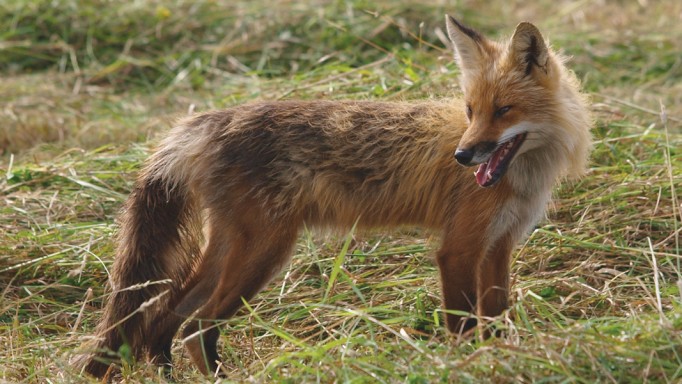Rabies is a deadly lyssavirus that attacks the central nervous system, causing acute encephalitis. The virus is almost always spread by saliva from the bite of an infected animal, typically a raccoon, skunk, bat, or fox. Clinical signs of rabies in horses can take up to 12 weeks to appear after the initial infection. Once clinical signs appear, rabies is fatal, usually in 4 to 5 days, although some horses will survive up to 15 days. Symptoms include:
– behavioral changes such as depression, fear, or aggressiveness. The horse may appear excited or become vicious through biting or kicking.
– ataxia (incoordination) exhibited by blind staggers or sudden falls
– unusual behaviour such as chewing themselves or foreign objects
– paralysis
– muzzle tremors
– hyperesthesia (hypersensitivity to stimuli)
– difficulty swallowing
– weakness or drowsiness, with long periods spent lying down
– fever
– colic
– lameness
Because so much of their time is spent outdoors, horses are more likely to come into contact with wild animals than humans or house pets are. It is imperative for horse owners to make sure their adult horses are vaccinated annually. Mares in foal should be vaccinated four to six weeks before they deliver, or before breeding. Foals and weanlings under a year old should receive an initial series of three vaccines.

